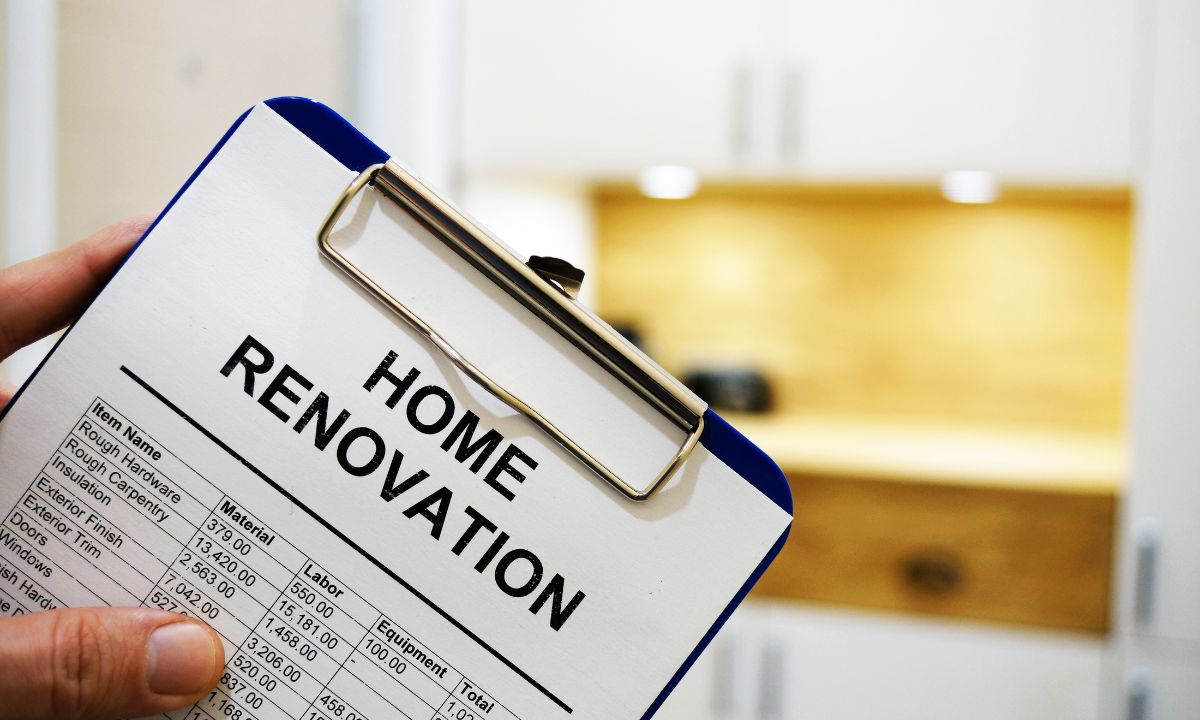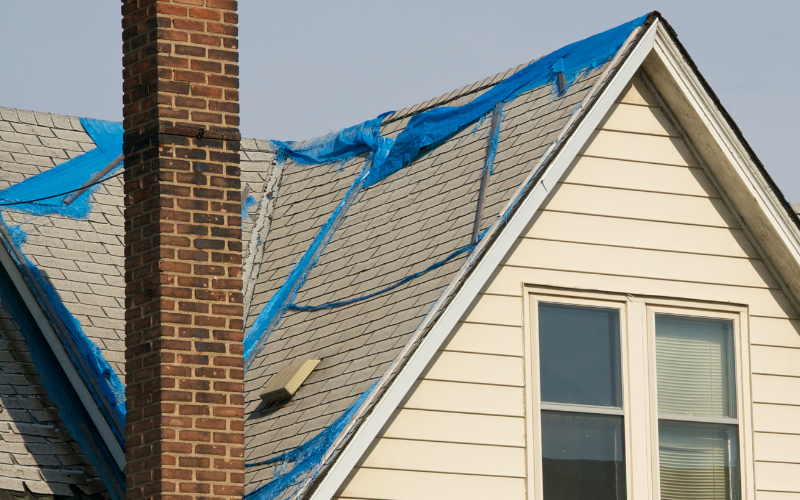Exploring the Pros and Cons of Using Personal Loans and Refinancing for Home Renovations
 Undertaking home renovations can be an exciting endeavor, whether you’re looking to enhance your living space, increase property value, or simply modernize your home. However, financing these projects can often pose a significant challenge. While personal loans and refinancing are popular options for funding renovations, it’s important to weigh the advantages and disadvantages before deciding.
Undertaking home renovations can be an exciting endeavor, whether you’re looking to enhance your living space, increase property value, or simply modernize your home. However, financing these projects can often pose a significant challenge. While personal loans and refinancing are popular options for funding renovations, it’s important to weigh the advantages and disadvantages before deciding.
Personal Loans Pros:
Accessibility: Personal loans are typically easier to obtain compared to other forms of financing, such as home equity loans or lines of credit.
No Collateral Required: Unlike home equity loans which use your home as collateral, personal loans are unsecured. This means you don’t have to put your home or other assets at risk to secure the loan.
Flexible Use of Funds: Personal loans offer flexibility in how you can use the funds. Whether you’re renovating your kitchen, or upgrading your landscaping, personal loans can cover various home improvement projects without restrictions.
Fixed Interest Rates: Many personal loans come with fixed interest rates, providing stability and predictability in your monthly payments.
Personal Loans Cons:
Higher Interest Rates: Compared to secured loans like home equity loans, personal loans often come with higher interest rates, especially for borrowers with average or below-average credit scores.
Loan Limits: Personal loans typically have lower borrowing limits compared to home equity loans.
Shorter Repayment Terms: Personal loans often come with shorter repayment terms compared to other types of loans.
Impact on Credit Score: Taking out a personal loan can impact your credit score, especially if you already have existing debt or a high credit utilization ratio.
Refinancing Pros:
Lower Interest Rates: Refinancing your mortgage allows you to take advantage of lower interest rates, which can significantly reduce your overall borrowing costs.
Extended Repayment Terms: Refinancing can also extend your repayment terms, resulting in lower monthly payments and improved cash flow.
Consolidation of Debt: Refinancing provides an opportunity to consolidate high-interest debt, such as credit cards or personal loans, into your mortgage.
Tax Benefits: Mortgage interest payments are often tax-deductible, providing potential tax benefits for homeowners who refinance.
Refinancing Cons:
Closing Costs: Refinancing typically involves closing costs, which can include application fees, appraisal fees, and other expenses. These upfront costs can add thousands of dollars to the total cost of refinancing and may take time to recoup through lower monthly payments.
Longer Loan Term: While extending your repayment terms through refinancing can lower your monthly payments, it also means paying interest for a longer period.
Equity Reduction: Refinancing can reset the clock on your mortgage, potentially reducing the equity you’ve built up in your home. If you’re planning to sell your home soon, consider how refinancing may impact your equity position and overall financial goals.
Credit Score Impact: Applying for a refinance can temporarily impact your credit score, as lenders will perform a hard inquiry on your credit report.
When considering financing options for your home renovations, both personal loans and refinancing offer distinct advantages and disadvantages. Personal loans provide accessibility and flexibility, while refinancing offers the potential for lower interest rates and extended repayment terms. Ultimately, the decision depends on your financial situation, renovation goals, and long-term objectives.
If you’re unsure about which option is best for you, it’s advisable to consult with a financial advisor or mortgage professional who can provide personalized guidance based on your individual circumstances.

 It can be difficult to find a dream house, so many potential homeowners might be looking to save money by purchasing a home that they need to repair. Often referred to as a fixer-upper, this is a house that may require some extra work to restore to a livable condition. Not only is this a great opportunity to customize a home, but it could also be a valuable investment. At the same time, homeowners need to take out enough money to not only purchase the house but also cover the cost of repairs. How can potential homeowners decide what loan is best for a fixer-upper? There are a few options available.
It can be difficult to find a dream house, so many potential homeowners might be looking to save money by purchasing a home that they need to repair. Often referred to as a fixer-upper, this is a house that may require some extra work to restore to a livable condition. Not only is this a great opportunity to customize a home, but it could also be a valuable investment. At the same time, homeowners need to take out enough money to not only purchase the house but also cover the cost of repairs. How can potential homeowners decide what loan is best for a fixer-upper? There are a few options available.  There are a lot of people who are working from home for the first time. There are a lot of advantages that come with working from home, such as the opportunity to develop stronger relationships with family members, the chance to save money on gas, and more autonomy over the work schedule. In addition, this could also mean a new home.
There are a lot of people who are working from home for the first time. There are a lot of advantages that come with working from home, such as the opportunity to develop stronger relationships with family members, the chance to save money on gas, and more autonomy over the work schedule. In addition, this could also mean a new home.